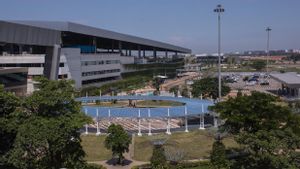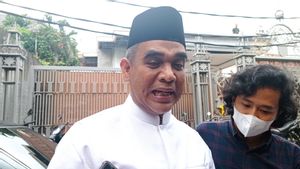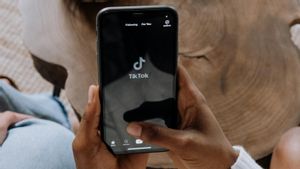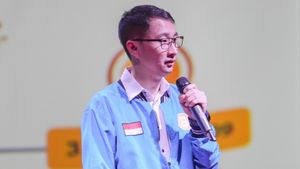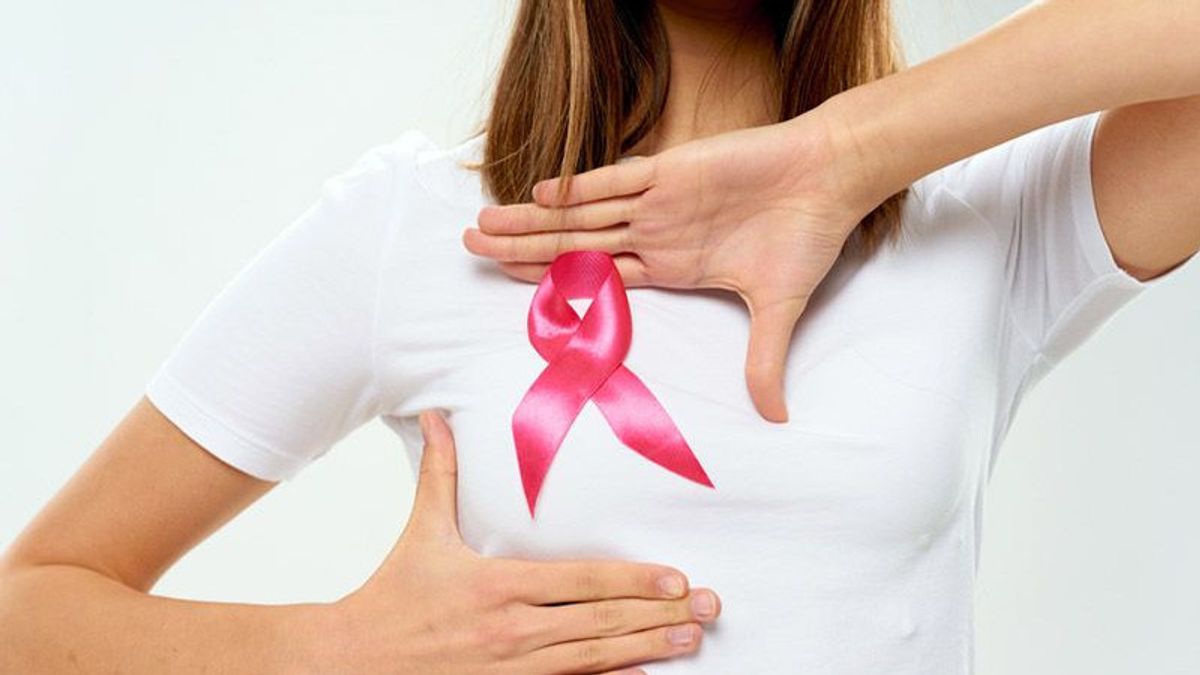
JAKARTA - Oncology surgeon from the Faculty of Medicine, University of Indonesia (FKUI) dr. Bob Andinata said breast cancer sufferers have high hopes for a full recovery if the disease is detected early so screening and early detection are important.
"With early detection, we can find cancer at an early stage. The cure rate is high and the costs are also lower," said dr. Bob in the webinar last Friday reported by Antara.
If stage 0 breast cancer is found, dr. Bob said the cure rate could reach 99-100 percent. While stage 1 cancer, the cure rate is 95-99 percent.
"We hope that the screening will find cancer that is stage 0-1. Don't be afraid. After undergoing the right treatment, the cure rate is high," said dr. Bob.
However, if the cancer is found to be in stage 2, the cure rate is reduced to 70-80 percent. While the cure rate for stage 3 is 50 percent and stage 4 is only 20 percent, said dr. Bob.
dr. Bob then explained that early detection can be done with SADARI (Breast Self-Examination) every seventh to 10th day from the first day of menstruation and SADANIS (Clinical Breast Examination) with the help of health workers.
"If you have menopause, remember what date you usually menstruate, whether at the beginning, in the middle, or at the end of the month," he added.
BSE examination can be done in several ways. The first way, raise your hand while looking in the mirror and check for redness or swelling in the breast. The second way, you can put your hands on your waist and check your breasts like the first way. The third way, press the breast from top to bottom or in a circle and feel for lumps.
SEE ALSO:
The fourth way, press the breast towards the nipple and see if there is any discharge. While the last way can be done with a lying position and press the breast in a circle.
According to data from The Global Cancer Observatory, breast cancer has become the second leading cause of death in Indonesia in 2020. As for the clinical symptoms of breast cancer, said dr. Bob, usually starts as a painless lump so most people feel no need to see a doctor.
"If it hurts, the patient usually gets checked out quickly. But if it doesn't hurt, it will continue later. Even though if the lump is painful, it could be in stage 3 or 4," he said.
The English, Chinese, Japanese, Arabic, and French versions are automatically generated by the AI. So there may still be inaccuracies in translating, please always see Indonesian as our main language. (system supported by DigitalSiber.id)







